The field of education technology is continually evolving, with each year bringing new innovations and trends that have a significant impact on teaching and learning. As we step into 2023, it’s clear that education technology is playing a crucial role in shaping the future of education. In this blog post, we’ll explore 10 trends in education technology that are poised to have a major impact in 2023 and beyond.
1. Artificial Intelligence (AI) and Machine Learning:
AI and machine learning are revolutionizing education. These technologies are being used to personalize learning experiences, provide instant feedback to students, and analyze vast amounts of data to identify areas where students may need additional support.
2. Augmented and Virtual Reality (AR/VR):
AR and VR are transforming the way students interact with educational content. Whether it’s exploring ancient civilizations through virtual field trips or conducting complex science experiments in a virtual lab, these immersive technologies are making learning more engaging and interactive.
3. Blended Learning and Hybrid Classrooms:
The COVID-19 pandemic accelerated the adoption of blended learning and hybrid classrooms, where a combination of in-person and online instruction is used. This trend is likely to continue as educators find ways to leverage technology to enhance the learning experience, both inside and outside the classroom.
4. Gamification and Game-Based Learning:
Gamification elements and game-based learning are making education more enjoyable and effective. By incorporating game mechanics, educators can motivate students and make complex subjects more approachable.
5. Adaptive Learning Platforms:
Adaptive learning platforms use data and AI to customize the learning journey for each student. These platforms adjust the content and pace of instruction to match individual student needs, ensuring that no one is left behind.
6. EdTech for Teacher Professional Development:
Educators are increasingly using technology to improve their own skills and professional development. Online courses, webinars, and virtual coaching are helping teachers stay up-to-date with the latest teaching methods and technologies.
7. Blockchain for Credentials and Verification:
Blockchain technology is being used to securely store and verify academic credentials, making it easier for employers and educational institutions to verify the authenticity of diplomas and certificates.
8. Cybersecurity in Education:
With the increased reliance on digital tools and online learning platforms, cybersecurity in education has become paramount. Schools and universities are investing in robust cybersecurity measures to protect sensitive student data.
9. Remote Learning Infrastructure:
Remote and online learning are here to stay. Educational institutions are investing in infrastructure to ensure that students have reliable internet access, appropriate devices, and access to digital resources, even outside the classroom.
10. Social and Emotional Learning (SEL) Technology:
SEL technology is gaining traction as educators recognize the importance of addressing students’ emotional and social well-being. Tools and platforms are being developed to support SEL initiatives, helping students develop critical life skills.
The education technology landscape is evolving rapidly, and the trends mentioned above are just a glimpse of what’s in store for 2023. As technology continues to shape education, educators, students, and institutions will need to adapt and embrace these innovations to provide the best possible learning experiences. Staying informed about these trends is essential for anyone involved in the field of education, as they have the potential to transform the way we teach and learn in the coming years.
Frequently Asked Questions (FAQs)
What are education technology trends, and why are they important in 2023?
This question introduces readers to the concept of education technology trends and highlights their significance in the current educational landscape.
How can artificial intelligence (AI) benefit education in 2023?
This FAQ delves into the role of AI in education, explaining how it can personalize learning experiences and provide valuable insights to educators.
What are some examples of augmented and virtual reality (AR/VR) applications in education?
Here, readers can explore specific use cases of AR and VR technologies in the classroom, showcasing their potential to make learning more engaging.
How can teachers and students adapt to blended learning and hybrid classrooms in 2023?
This question addresses the practical aspects of blended learning and provides guidance for educators and students adjusting to this educational model.
What are adaptive learning platforms, and how do they cater to individual student needs?
This FAQ explains the concept of adaptive learning and its role in tailoring educational content to the unique requirements of each student.
Why is cybersecurity crucial in education, and what measures should schools and universities take in 2023?
This question emphasizes the importance of cybersecurity in an increasingly digital educational environment and offers insights into security measures institutions should adopt.


